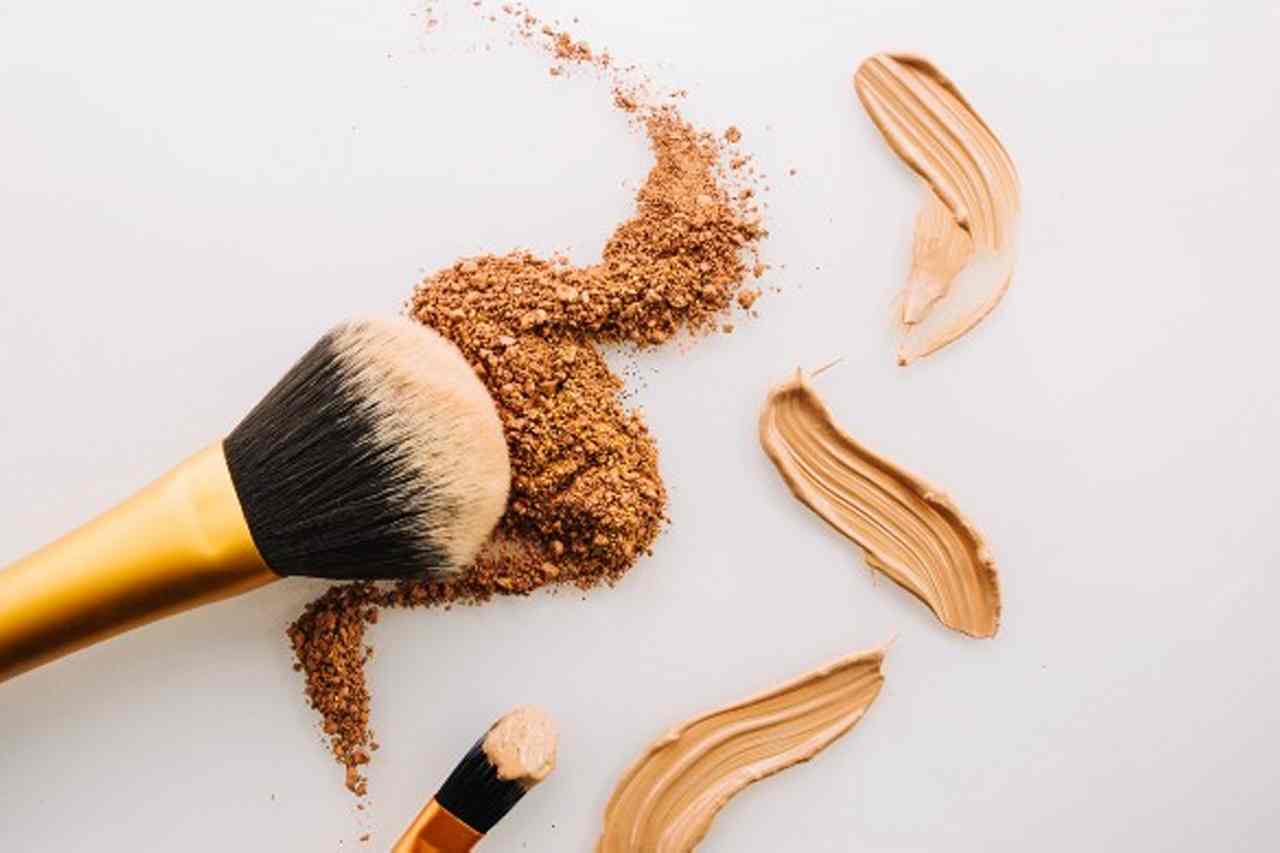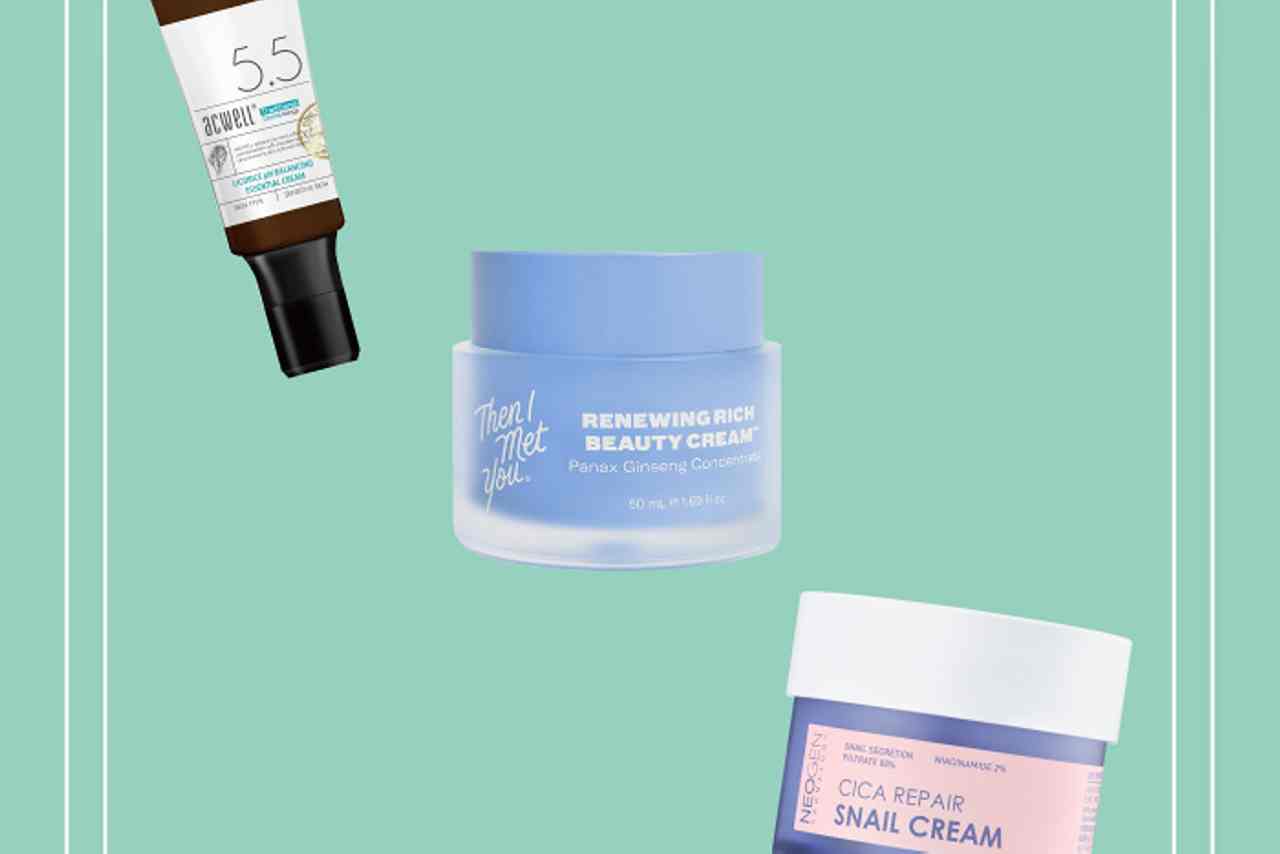By Zinhlezonke Zikalala
Whether you’re a teenager navigating the pimply pitfalls of puberty, or adulting your way through wonky hormones, acne can make you want to pull a paper bag over your head all day er’day!
And while the urge to disappear is understandable, it’s not exactly practical. Like it or not, you have to face the world while you’re waiting for that unsightly zit to clear. Which is why most of us turn to make-up. But is it the right thing to do? We asked Dr Nomphelo Gantsho, a dermatologist at Century Medical Suits, for the low-down on how to apply makeup for acne.
Is there such a thing as too much makeup?
“If your make-up doesn’t come off easily via simple washing, you’re wearing too much. Switch brands to a lighter, more sheer variety,” advises Gantsho.
How can you protect your skin when using makeup?
“First things first, before applying your make-up, apply a sunscreen or a moisturiser-sunscreen combo for protection against the sun,” says Dr Gantsho. Then, choose a lightweight, oil-free moisturiser labelled ‘non-comedogenic’ – which is just a fancy way of saying that it won’t clog your pores. Be on the lookout for ingredients like glycerin and hyaluronic acid, which help to hold moisture in the skin.”
“Also, use your hands to apply make-up instead of sponges and brushes, as these can irritate your skin or carry bacteria and dirt through, which can lead to breakouts. Otherwise, wash your brushes at least once a week or use disposable brushes.”
One last thing”, says Dr Gantsho. “Remove your make-up thoroughly and completely. Things like pore-clogging make-up, dirty brushes and sponges, and not removing your make-up before bedtime, can cause breakouts – this is referred to as cosmetic acne.”
READ MORE: All Your Adult Acne Questions – Answered!
Is it okay to apply makeup over skin that’s broken out?
When it comes to applying makeup for acne, there’s your skin to consider, says Dr Gantsho. “Acne causes stress, so for some people covering pimples with make-up is the easiest and fastest way to reduce acne stress. But you must use the right make-up as using the wrong kind could actually accentuate the pimples you’re trying so hard to hide.”
“Before you reach for make-up, it’s worth taking a moment to understand what’s going on with your skin. The development of acne requires the presence of several contributory factors, including oil production, certain bacteria and occlusion (blocking) of pores. However, applying layer upon layer of cover-up isn’t necessarily the best approach…”
READ MORE: The 10 Best Skincare Products On Dermastore, According To Customers
What make-up ingredients should you avoid?
What to look for: “All of your make-up, from blush to eye shadow, should be lightweight, non-greasy, non-comedogenic or non-acnegenic (not causing or worsening acne), hypoallergenic, non-irritating and oil-free. Read the ingredients. The first ingredient should be water. Mineral-based cosmetics contain added ingredients like silica, titanium dioxide and zinc oxide, which both absorb oil and hide redness without irritating skin and causing pimples. Another ingredient to look for is dimethicone, which conceals redness while smoothing out uneven skin.”
What to avoid: “Heavy, greasy products that contain pimple-producing ingredients such as cocoa butter, mineral oil or cold cream. Avoid products containing isopropyl isostearate, isopropyl myristate, myristyl myristae, lanolin oil, coconut butter or lauric acid. These will cause your pores to clog and irritate your skin.”
Does covering your acne help?
“Yes, make-up can be very good at hiding pimples and therefore improves your self-esteem, but it can also accentuate your acne if you use the wrong kind of make-up or slather it on too thick. Even products that are advertised as non-comedogenic have the potential to clog pores and make acne worse when applied heavily. So use the thinnest layer you can get away with.”
READ MORE: Face Mapping: 9 Things Your Pimples Can Tell You About Your Health
And if you’re using an acne treatment?
“You need to moisturise the skin before applying the make-up as many acne treatments dry the skin. The redness and peeling many acne treatments leave behind can look even worse when smeared with thick make-up.”
How should you treat a breakout?
“Keep your fingers off your face. Stop applying lots of products to your skin. Consult your dermatologist to get professional treatment for the type and stage of acne you have instead of covering it up.”
Any last tips to share on makeup for acne?
“Careful selection and proper use of make-up is important. Read the ingredients of your make-up before buying it. Even with non-comedogenic formulas, it really is best to use a light hand.”













